
Nigerian Media Amplifies French-Led Disinformation Campaign Falsely Attributing Traore’s Popularity to Russia
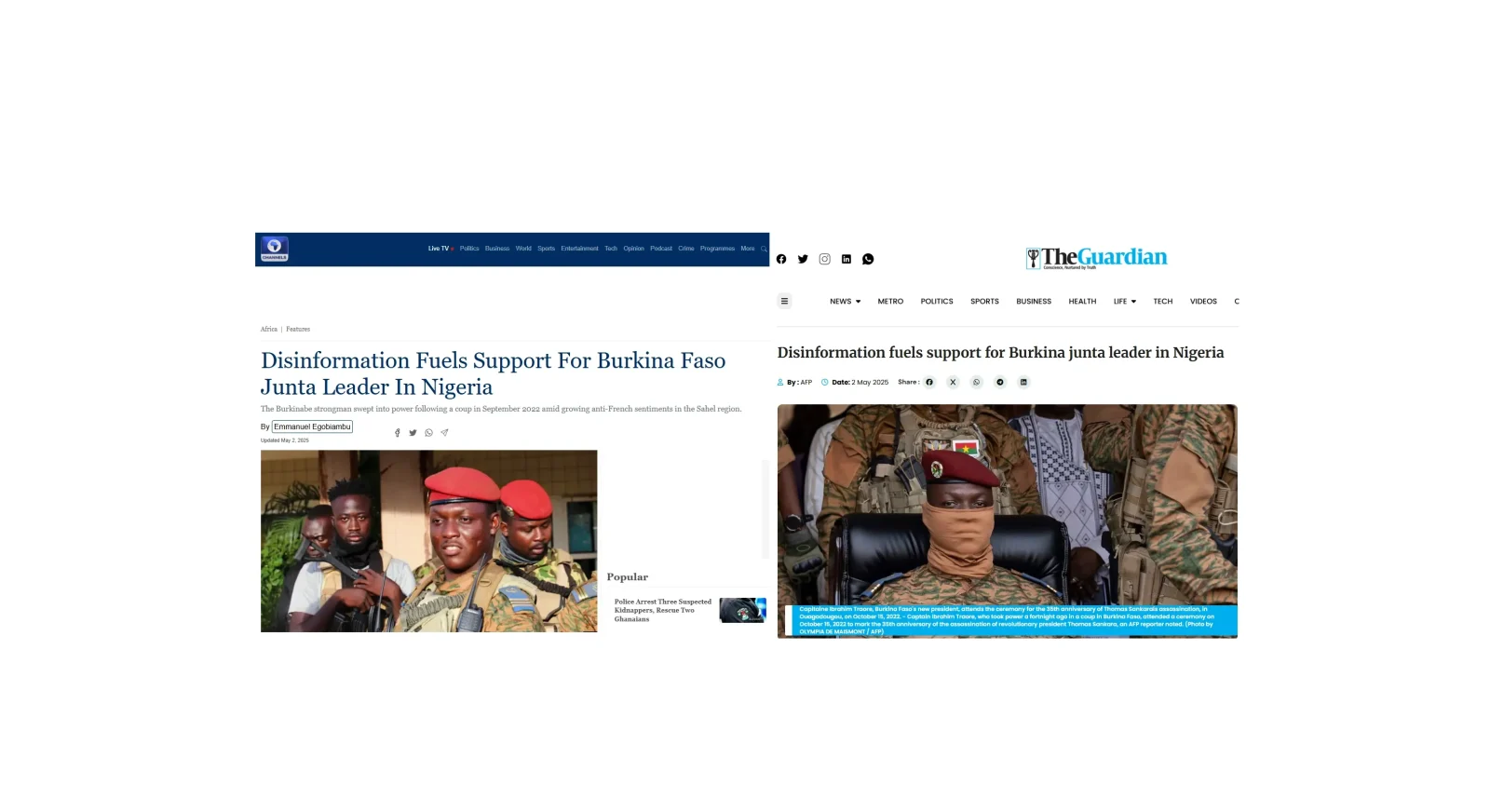
A report originally published by French international news agency Agence France-Presse (AFP) is currently being reproduced by Nigerian media platforms including The Guardian and Channels Television. The report frames the rising admiration for Burkina Faso’s 37 year-old president Ibrahim Traore among Nigeria’s Gen-Z majority population as the result of “Russian disinformation.” In a classic astroturfing move that mirrors the exact Foreign Information Manipulation and Interference (FIMI) tactics that Western actors regularly accuse Russia of using in Africa, the article has been strategically placed across English and French language global media platforms including Wall Street Journal spinoff Barrons, and TV 5 Monde among others.
The AFP article citing “analysts,” claims that Traore’s popularity in Nigeria is being fueled primarily by misleading social media content and Russian-made memes and viral videos portraying him as a revolutionary figure resisting Western imperialism. The story, which conspicuously omits any mention of the multiple marches and demonstrations around the world on the April 30 Global Day of Support for Ibrahim Traore, repeatedly references AFP “fact checks” about viral Twitter posts as “evidence” that the online groundswell of positive sentiment for the youngest head of state in Africa in Nigeria – which has a median age of just 16.9 – is inorganic and driven by “Russian disinformation.”.
One of the key voices prominently quoted in the report is Philip Obaji, a Nigerian journalist known for his anti-Russia stance. Obaji, who emerged from obscurity in the early 2010s while running the ‘1 GAME: Football Without Violence initiative’, a football NGO in Nigeria’s Cross River State, has reinvented himself over the past few years as an outspoken critic of alleged Russian influence campaigns and crimes in Africa. He frequently publishes articles warning about “Russian war crimes in Central Africa” and “Russia’s colonisation of the Sahel,” while appealing for funding to support his “research.”
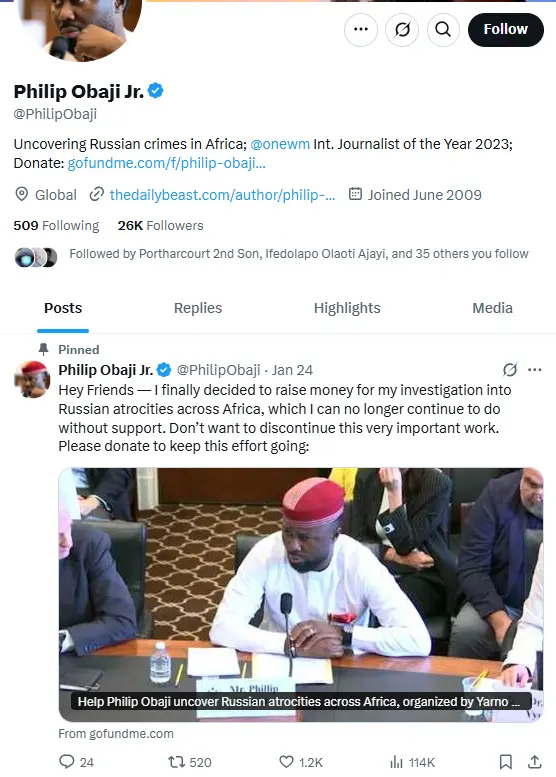
Interestingly, the story also fails to mention that its author Samad Uthman, was implicated earlier this year in a British-led FIMI operation in Nigeria, which targeted political opposition and non-western-aligned voices in Nigeria’s public space including West Africa Weekly editor-in-chief David Hundeyin, prominent anti-GMO campaigner Segun Adebayo, and political opposition figure Peter Obi. Along with a group of 9 other Nigerian journalists, Uthman was flown out to a clandestine ‘retreat’ in Ghana where a group of British MI6 agents operating under the cover of the Centre For Information Resilience gave each journalist the task of writing 1 smear piece per quarter targeting the eidentified voices and narratives with accusations of being “Russian-sponsored disinformation.” For this, each journalist was to receive compensation in the sum of £1,000 per quarter.
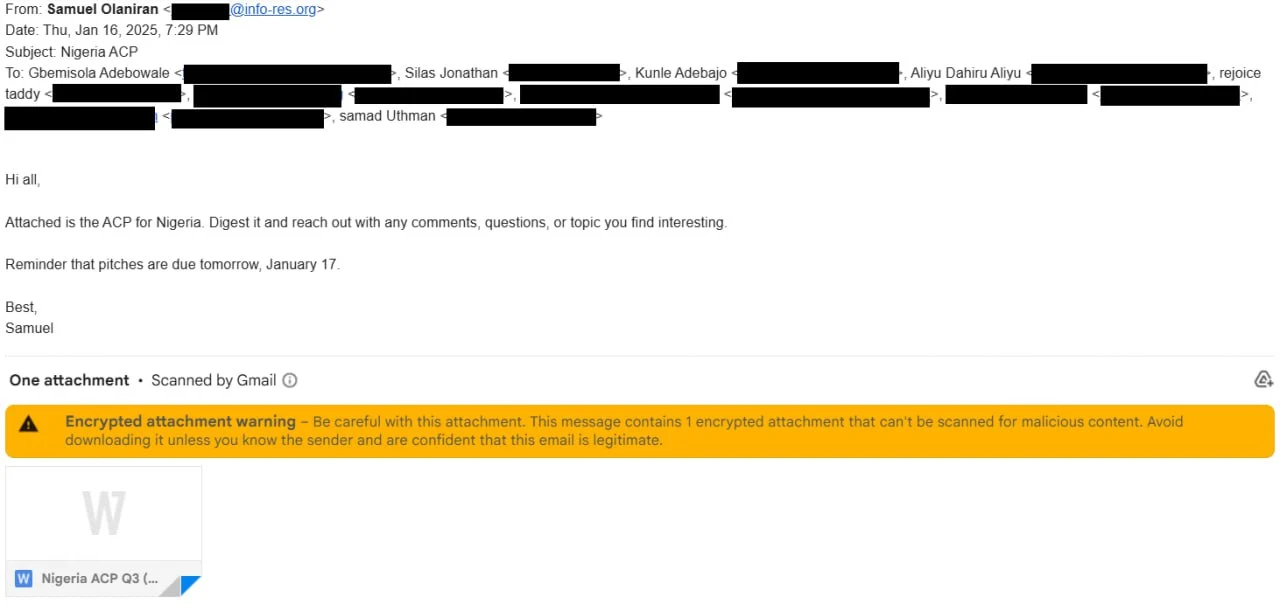
The story also fails to disclose that AFP has a conflict of interest in reporting on the geopolitics of the Sahel, given that by its own disclosure, it receives roughly one-third of its total annual revenue from the French government, being payment for what is ambiguously described as “missions of general interest.” In effect, it serves as a French government mouthpiece, and cannot reasonably be expected to cover anti-imperial political revolutions in Africa from a position of neutrality.
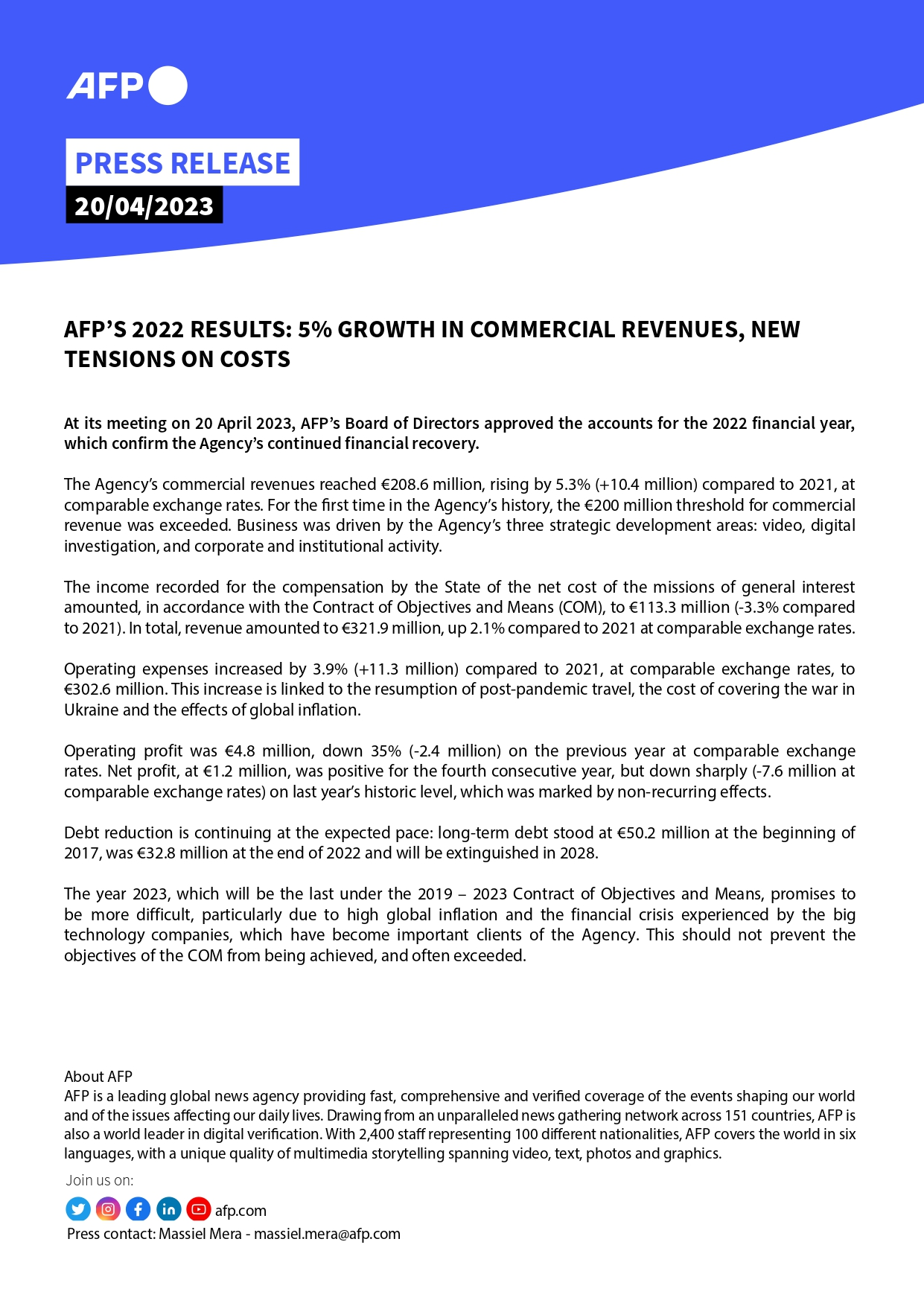
The uncritical, full-throated republishing of articles such as this by mainstream Nigerian media platforms suggests that these news outlets may be knowingly or unknowingly participating in Western intelligence-backed Foreign Information Manipulation and Interference operations.
Read Also:
About The Author
Related Articles
Cotê D’Ivoire: Thousands Rally in Abidjan as Opposition Demands Electoral Reforms Ahead of October Election
Thousands of opposition supporters gathered in Abidjan on Saturday, May 31, to...
ByJoy ChukwuJune 1, 2025Togo Stops Issuing Mining Permits to Reform Outdated Mining Code
Togo has suspended the issuance of new mining permits for prospecting and...
ByJoy ChukwuJune 1, 2025ICYMI: Ghana Shuts Down Washington Embassy Over Visa Fraud Scandal
Ghana has temporarily closed its embassy in Washington, D.C., following the uncovering...
ByJoy ChukwuMay 31, 2025Confederation of Sahel States Moves to Establish Joint Judicial Body
The Confederation of Sahel States (CSS), comprising Mali, Niger, and Burkina Faso,...
ByJoy ChukwuMay 31, 2025




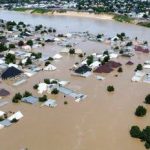



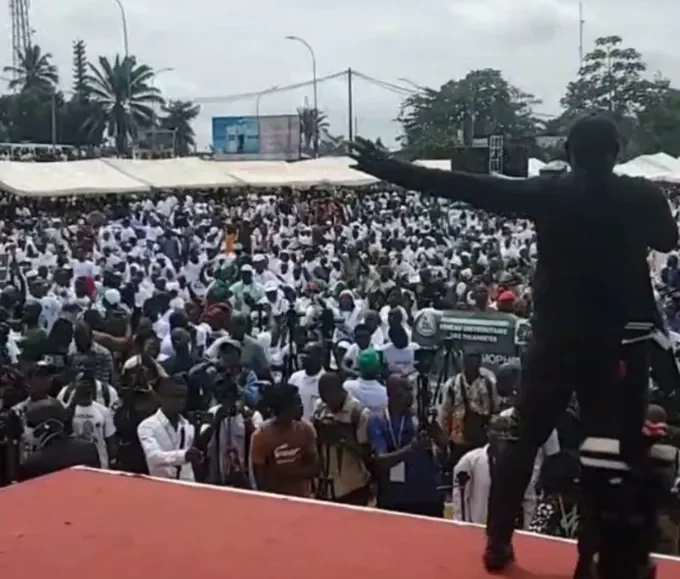
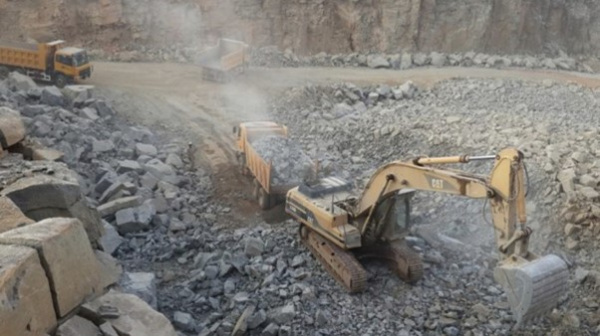
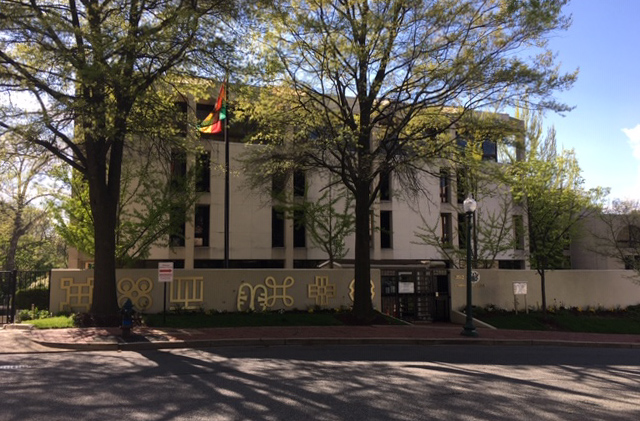
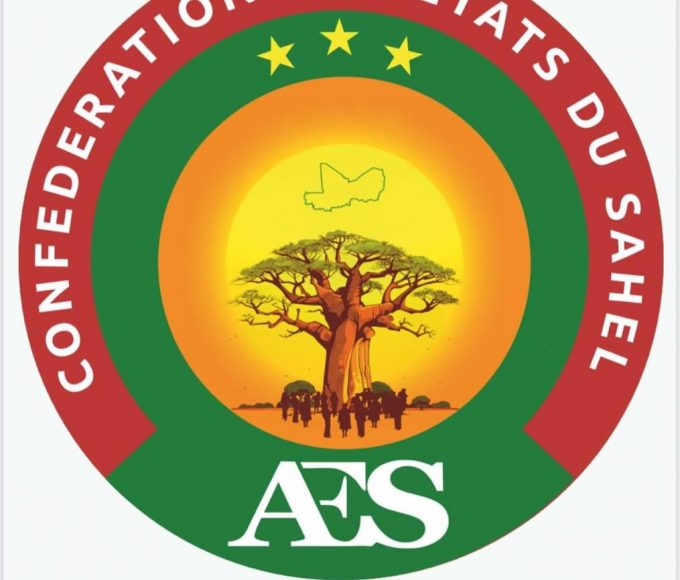
Leave a comment